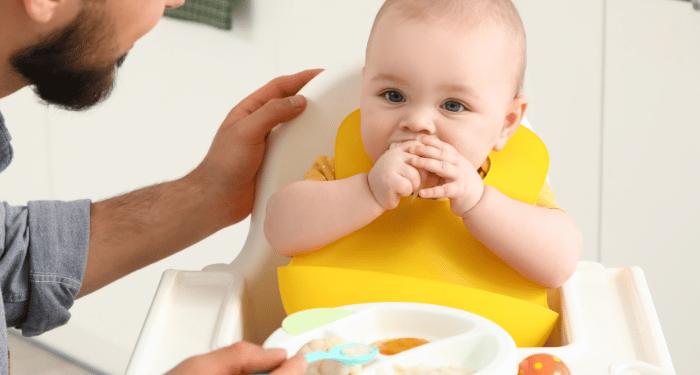I often get asked what the next step is after a tongue tie release for an infant or child.
Is there anything to watch for, be aware of after a release? Will the palate automatically expand and will their airway be patent?
As time goes by there are a few key areas to periodically check in on to make sure things continue to progress in a positive direction.

First, how are their feeding skills? Are they chewing their food well? Managing their food in their mouth before the swallow? From a therapist point of view, this would include moving it from side to side with their tongue for chewing, not pocketing food, and are they able to create a well formed bolus (food properly chewed and mixed with saliva ready to swallow) prior to swallowing.
As a parent, you can assess how fast they nurse/eat a meal, are they a picky eater, do they lose food while chewing and swallowing, do they chew with their mouth closed, etc.? If they are nursing or bottle feeding, do they click when at the breast/bottle, lose milk while nursing, gag, choke or gasp for air while nursing/bottle feeding, have excessive colic, gas, or burps?
Keep a check on their palate as well. Our goal is for a nice wide palate to develop. For that to occur, their tongue needs to be resting on the palate all of the time. At least, any time they are not eating or babbling/talking.
Are they beginning to talk in age appropriate sounds/words/sentences? If not, we want to assess this and the reason behind it. Articulation disorders often have an oral motor component which may be tied back to the original tongue tie! Which leads me into my next skills to watch out for and that is all the myofunctional therapy goals: is their tongue resting on their palate, are their lips together, and are they breathing through their nose… all the time?
How are they breathing? Is it audible? What do their tonsils and adenoids look like? Are they swollen? If there are any nasal breathing difficulties or chronic mouth breathing, it’s a good idea to have an ENT check their turbinates and septum.
Finally, the last thing to watch out for is quality of sleep. How do they sleep? Do they fall asleep easily? Are they restless? Any sleep walking? Talking in their sleep? The quality of sleep matters for a variety of developmental issues. If anything doesn’t check out in any of the above areas, always seek out a feeding therapist for ages 0-4 years, and a myofunctional therapist for cognitive ages 4 and up. Cheers to wide palates, patent airways, and sweet peaceful dreams.


